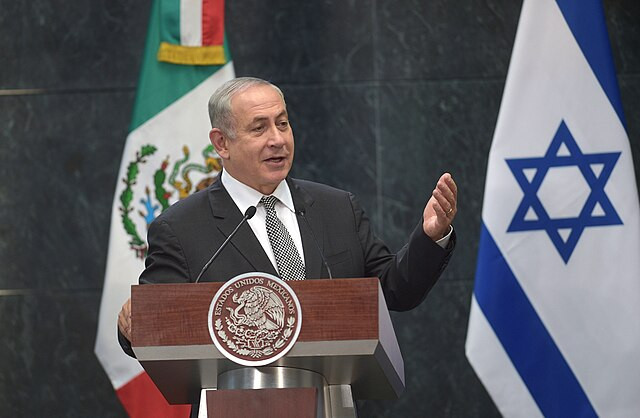Israel launched a large-scale military operation against Iran early Friday, targeting nuclear and military sites in what officials described as a preemptive strike amid growing fears Tehran could imminently produce a nuclear weapon. Explosions were reported in Tehran, and Israeli Defense Minister Israel Katz warned that a retaliatory missile and drone attack from Iran was expected "in the immediate timeframe."
"Following the preemptive strike by the State of Israel against Iran, a missile and UAV (drone) attack against the State of Israel and its civilian population is expected in the immediate future," Katz said in a statement, announcing a nationwide state of emergency.
The Israeli military said the operation involved "dozens" of targets, including enrichment facilities, long-range missile assets, and key personnel tied to Iran's nuclear program. Prime Minister Benjamin Netanyahu confirmed the launch of "Operation Rising Lion," stating in a televised address, "This operation will continue for as many days as it takes to remove this threat."
"We struck at the head of Iran's nuclear weaponization program," Netanyahu said. "We targeted Iran's main enrichment facility in Natanz. We targeted Iran's nuclear scientists working on the Iranian bomb. We also struck at the heart of Iran's ballistic missiles program."
Netanyahu described the campaign as essential to Israel's survival. "This is a clear and present danger to Israel's very survival," he said. "In defending ourselves, we also defend others. We defend our Arab neighbors. They, too, have suffered from Iran's campaign of chaos and carnage."
Iran's government has not yet issued a response, but Iranian state media reported explosions in Tehran and said air defenses were activated. No casualties have been confirmed. CNN reported sirens in Jerusalem and alerts on citizens' phones indicating a transition from "full activity" to "essential activity" under new Home Front Command guidelines. Schools, non-essential workplaces, and public gatherings have been suspended.
U.S. officials, speaking on condition of anonymity, said Israel informed Washington of the strikes in advance but that there was no U.S. involvement. "Tonight, Israel took unilateral action against Iran," said Secretary of State Marco Rubio. "We are not involved in strikes against Iran and our top priority is protecting American forces in the region."
President Donald Trump, who had warned Thursday that an Israeli strike "could very well happen," convened a Cabinet-level meeting at the White House late Thursday. "I don't want to say imminent, but it's something that could very well happen," Trump told reporters. "We have a lot of American people in this area, and I said, look, we gotta tell them to get out cause something could happen - soon."
The U.S. embassy in Iraq ordered a partial evacuation of non-essential personnel. Military dependents in surrounding countries were authorized to leave, though no broader troop withdrawal has been announced. A U.S. official said contingency planning was underway for civilian evacuations from the region.
Oil prices jumped more than $3 per barrel on news of the Israeli operation, as markets reacted to the threat of escalation. An Israeli source told CNN that this was not a "one-day attack," and that additional strikes would follow as long as the Iranian nuclear program remained intact.
Negotiations between the U.S. and Iran over uranium enrichment had been scheduled to resume Sunday in Oman, but diplomatic sources now view the talks as likely derailed. "We're fairly close to an agreement," Trump said Thursday, "but as long as I think there is an agreement, I don't want them going in because that would blow it."
Earlier this week, the International Atomic Energy Agency declared that Iran was in breach of its non-proliferation obligations, citing an increase in 60%-enriched uranium stockpiles from 605.8 pounds in February to 900.8 pounds by mid-May. The Institute for Science and International Security said that quantity could yield one nuclear warhead in as little as two to three days.
Defense Secretary Pete Hegseth told Congress Wednesday, "There are plenty of indications that [Iran has] been moving their way towards something that would look a lot like a nuclear weapon." That assessment contradicts earlier remarks from the Director of National Intelligence, who said in March that Iran was not building a bomb.






